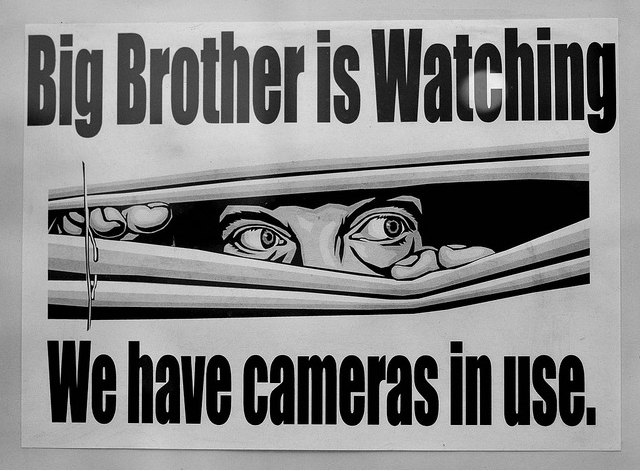Eavesdropping Law In Illinois Faces Challenges
By aaroncynic in News on Jan 2, 2012 8:00PM
Several court cases in Illinois stand to challenge laws which make it illegal to record interactions with police in public, according to the Chicago Tribune. In 1994, a ban on eavesdropping in Illinois was extended to include “open and obvious audio recordings” of police, even if those recordings take place on a public street.
In 2009, Chicago artist Chris Drew recorded his arrest for selling art in the Loop and was also charged with eavesdropping. His court case is among several others, including a suit filed in 2010 by the ACLU that could change the law. In August, a 21-year-old woman was acquitted of similar charges when she recorded a conversation held with two internal affairs officers, whom she thought were trying to discourage her from filing sexual harassment charges against a police officer.
The Fraternal Order of Police supports the law on grounds that small portions of recordings can be used against officers that do not give context to the situation. But Drew's lawyer, Joshua Kutnik, believes that officers should be upheld to public scrutiny. In addition, Kutnik argues that the eavesdropping law is outdated. He told the Tribune:
"There's no place for it in today's sophisticated, technological society. Now the first thing anybody does (is) pull out the phone, pull out the recorder. Laws should track what's happening in the world, and this is a perfect example of where it is not keeping up.”
